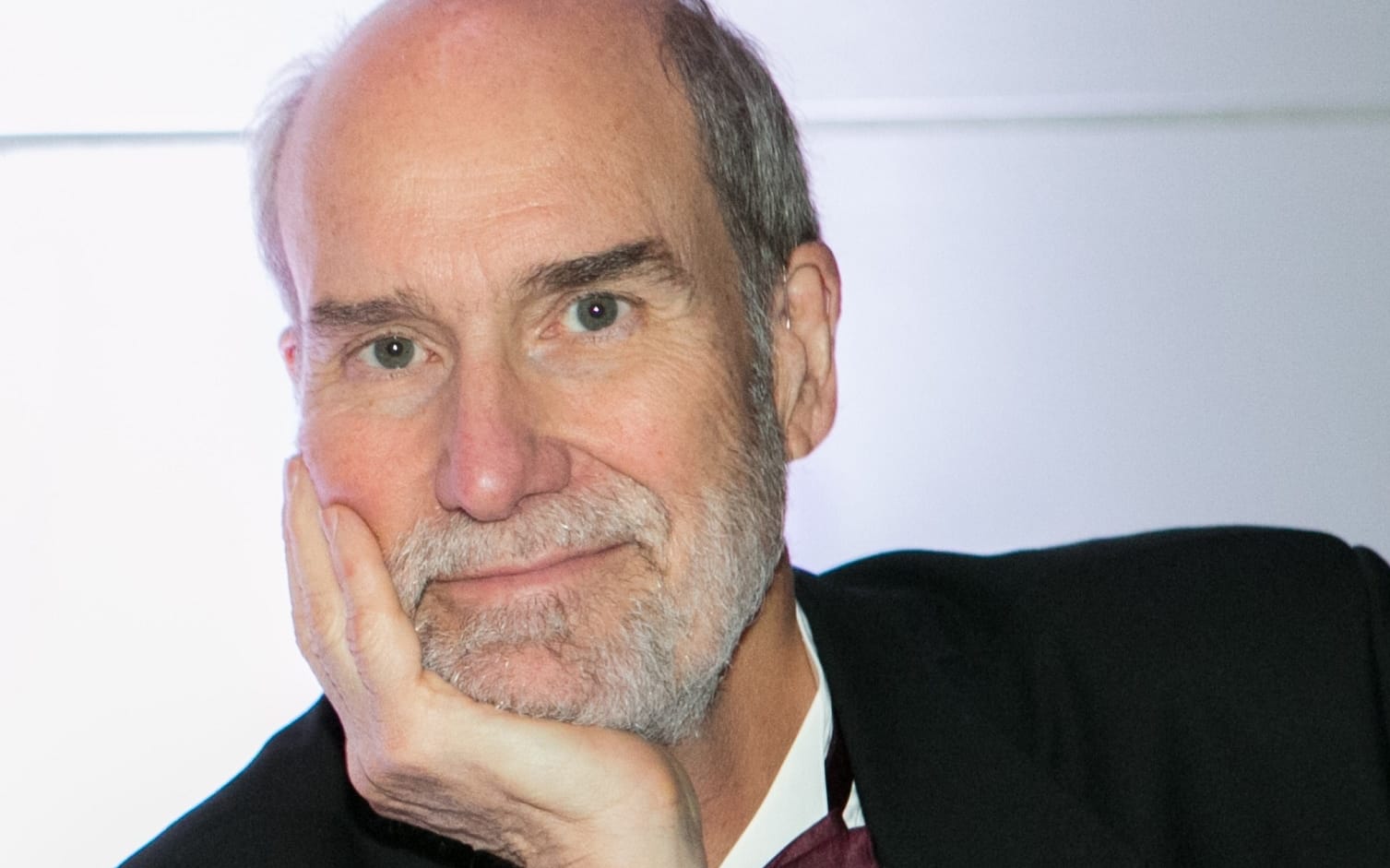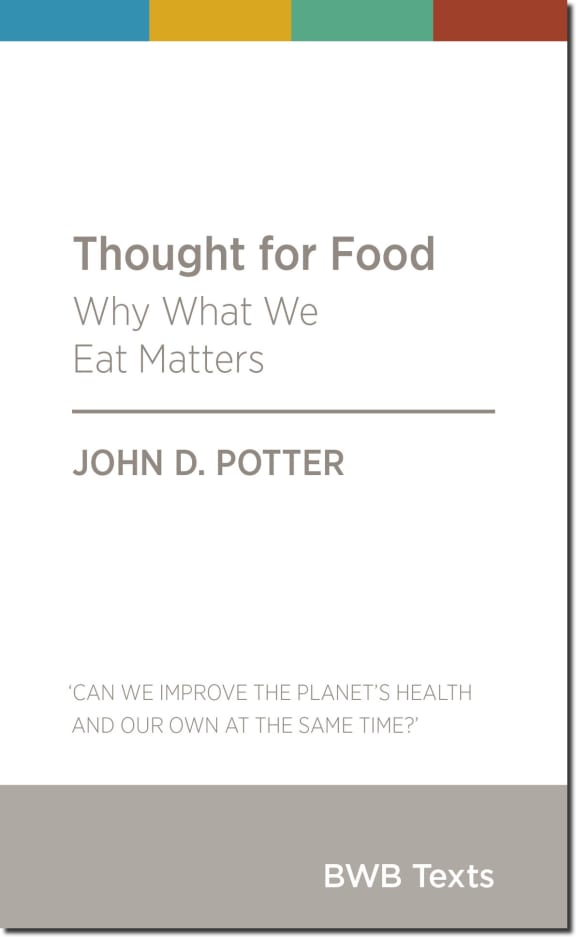We still have the metabolism of our hunter-gather ancestors and it can't cope with the high-fat, high-salt, high-sugar diet we take as normal today, health researcher John Potter says.

Massey University Professor John Potter. Photo: Supplied
His book, Thought for Food, looks at that what could cause cancer and other chronic diseases and how our modern diets are linked to disease.
Professor Potter, who is chief science advisor to the Ministry of Health and an advisor to the Fred Hutchinson Cancer Research Centre, says not much of our body chemistry has changed since we roamed the plains of Africa - but our diet has changed spectacularly.
And it's in that gap between our body chemistry and the way we eat now that diseases can flourish, he says.
"Up until 200 years ago for most of human history, the majority of humans would have consumed between 5 and 10 kilograms of meat per year. In New Zealand we now consume somewhere around 110 to 120 kilograms per year."
And that's happened quickly since technology has allowed us to industrialise agriculture.
"We have a massive herd of cattle on the planet, the biomass of cattle is now about four times the biomass of humans."
Refrigeration and transport means we can eat meat every day - always in feast mode, never famine mode, he says.
"We've come to think about that amount of meat as kind of normal. Throughout most of human history that normal intake would have been a feast intake."

Photo: Supplied
And it's the same story with sugar, he says. We consume more than 20 times more than we would have 300 years ago.
"Part of our metabolism allows us to store fat rapidly and that makes sense. Where the food supply is a little uncertain but you suddenly hit on a bunch then what you do is eat well and store the food - what it's allowed us to do is live in a feast-fast environment.
"That metabolism when faced with abundance every day is the kind of metabolism that increases our risk of developing type 2 diabetes and various other diseases."
On top of being in constant feast mode, we are sedentary which further compounds the problem.
Our ancestors would have needed the ability to walk long distances to collect food, and to run. We were the running primate and have gluteal muscles that allow us to do so.
"Nowadays the food is at the supermarket and the mode of getting there is getting in the car - that's eliminated a lot of physical activity."
What we should consume is a varied, low salt, low fat, low sugar diet eaten in small quantities, he says.
And don't be fooled by paleo, he says. Going back to a diet more in tune with our ancestors does not mean meat and more meat.
"We would have been eating meat, we would have scavenged for meat but we'd have to wait until the hyenas had finished. We could probably compete with the vultures but not the leopards or the lions. Our capacity to hunt and consume meat is relatively recent.
"It's a fantasy to imagine we were eating meat day-in day-out in the way that we now can."
Massey University professor John Potter is an award-winning health researcher and chief science advisor to the Ministry of Health.
Changing your eating habits without 'dieting'
BBC Food Writer of the Year Bee Wilson reckons changing our habits – which can mean changing the size of your plate, learning to enjoy bitter foods or not labelling what you eat as 'good' and 'bad'… Audio


